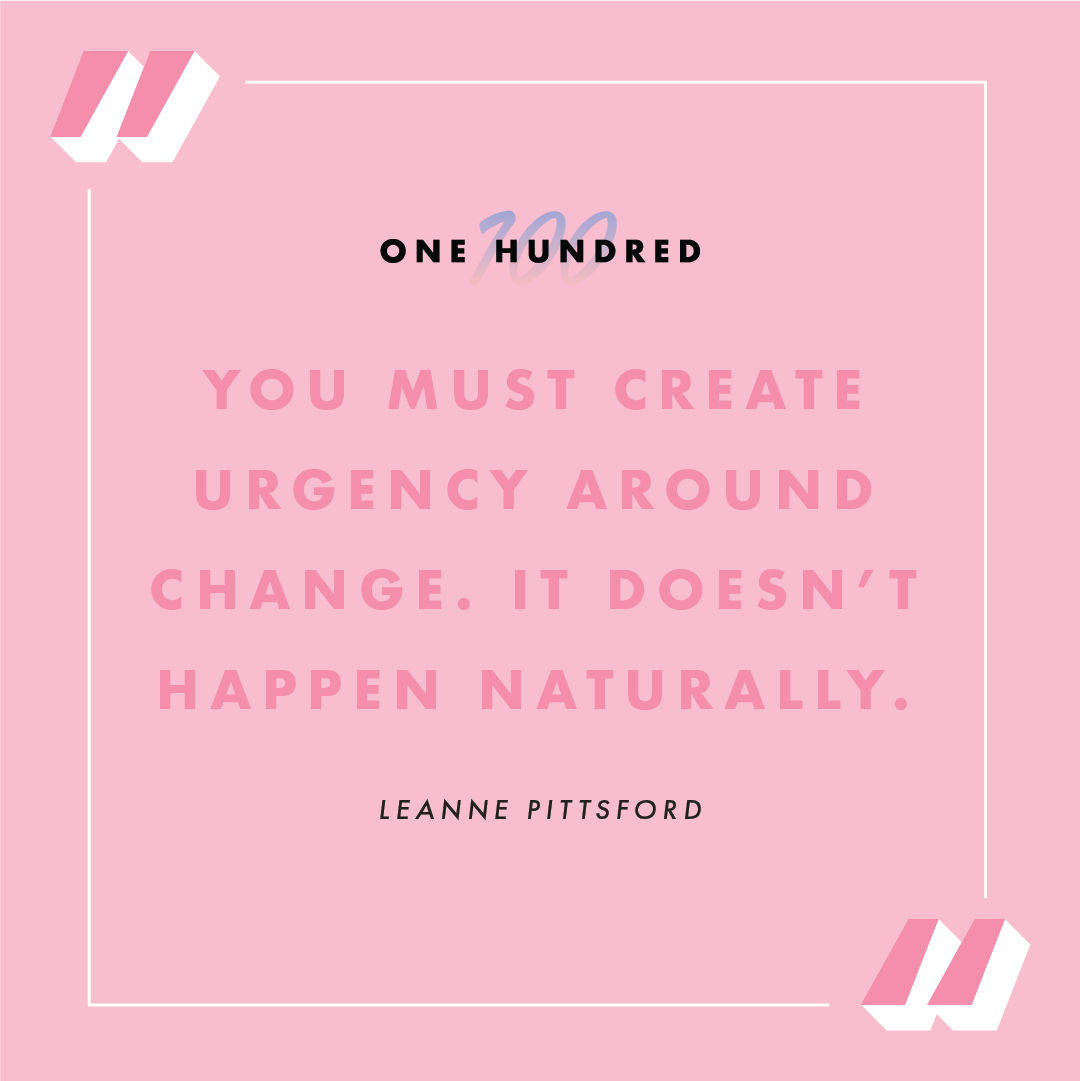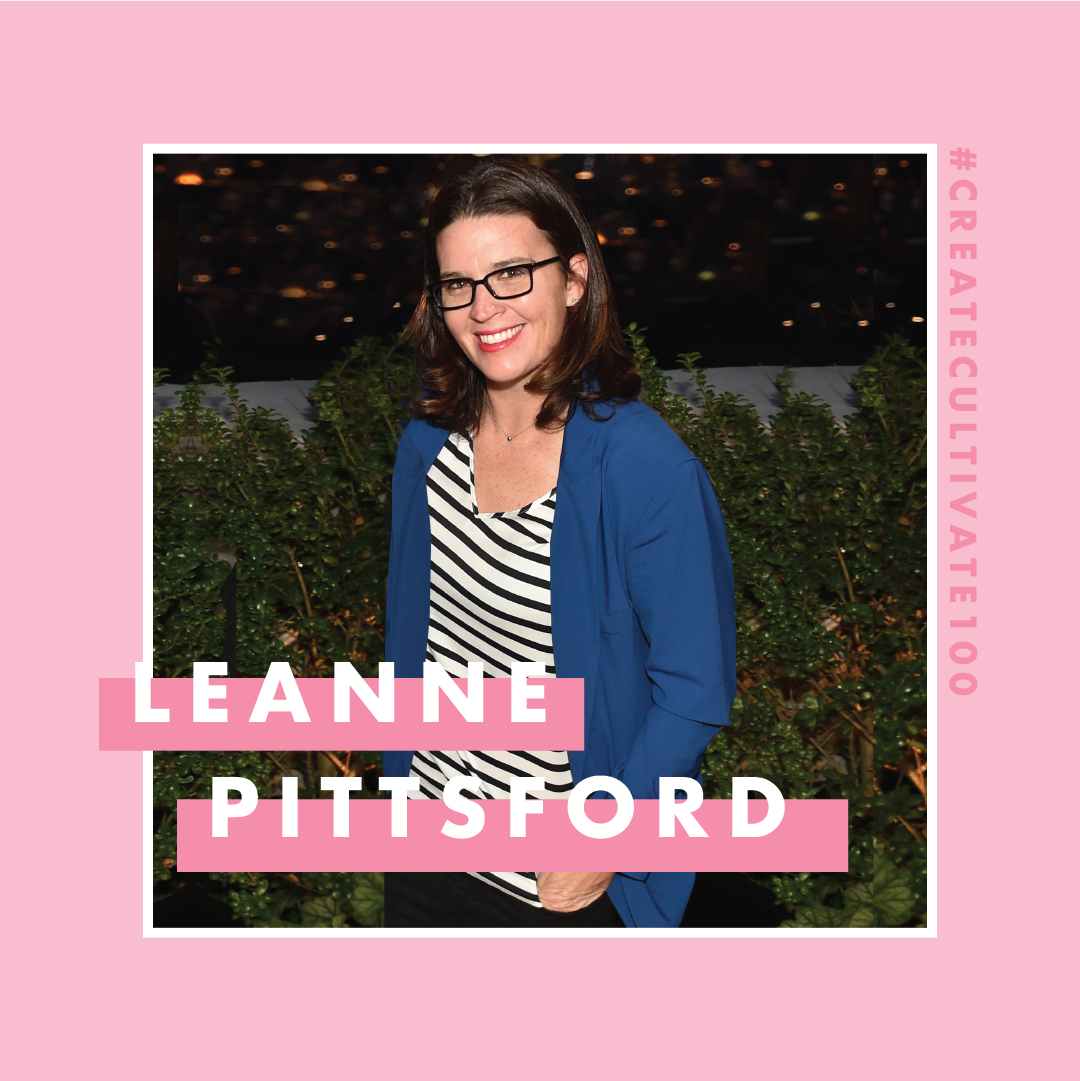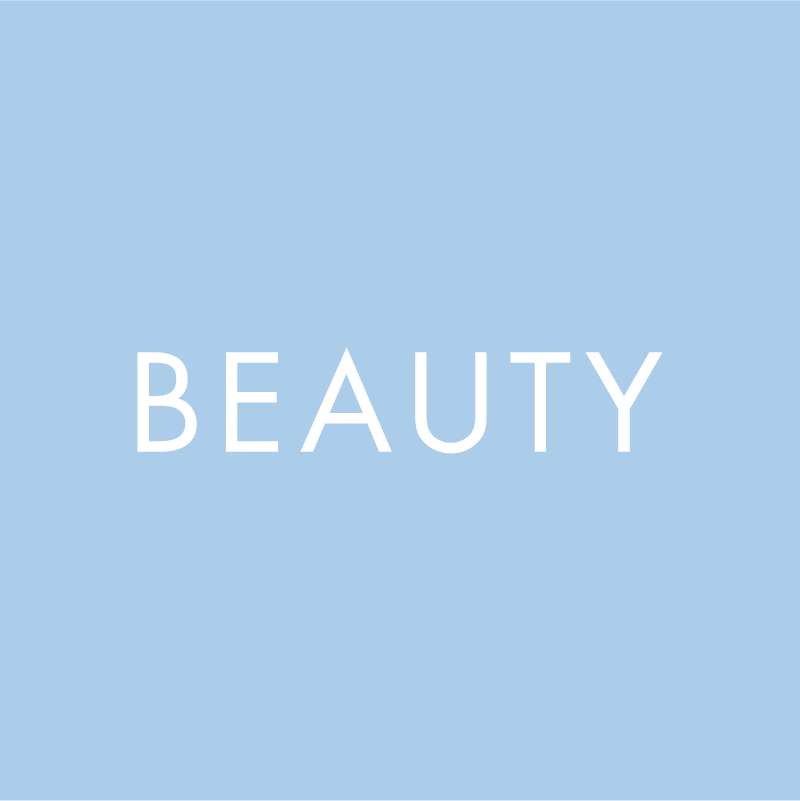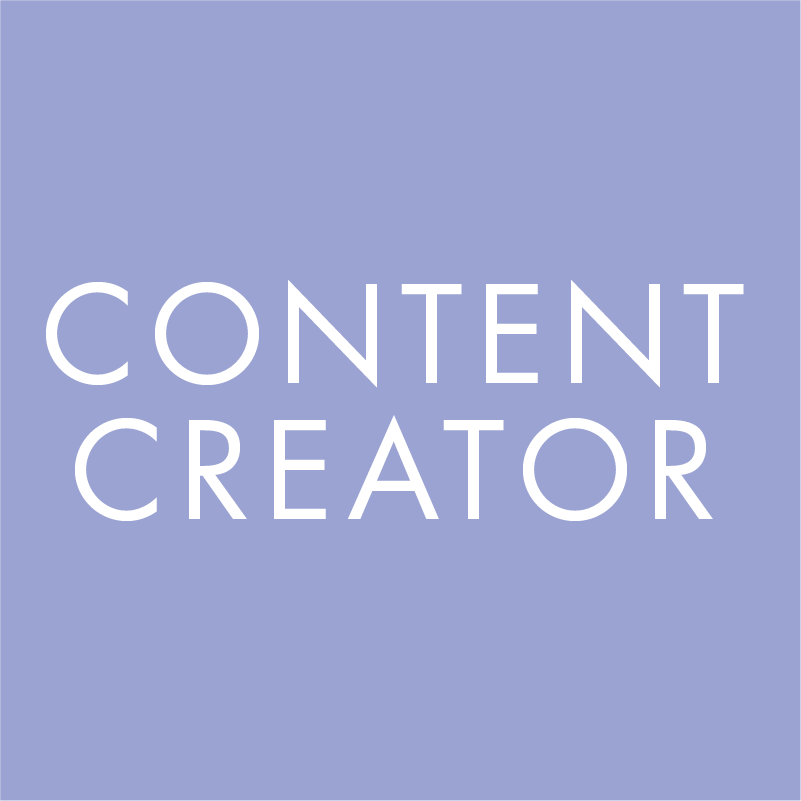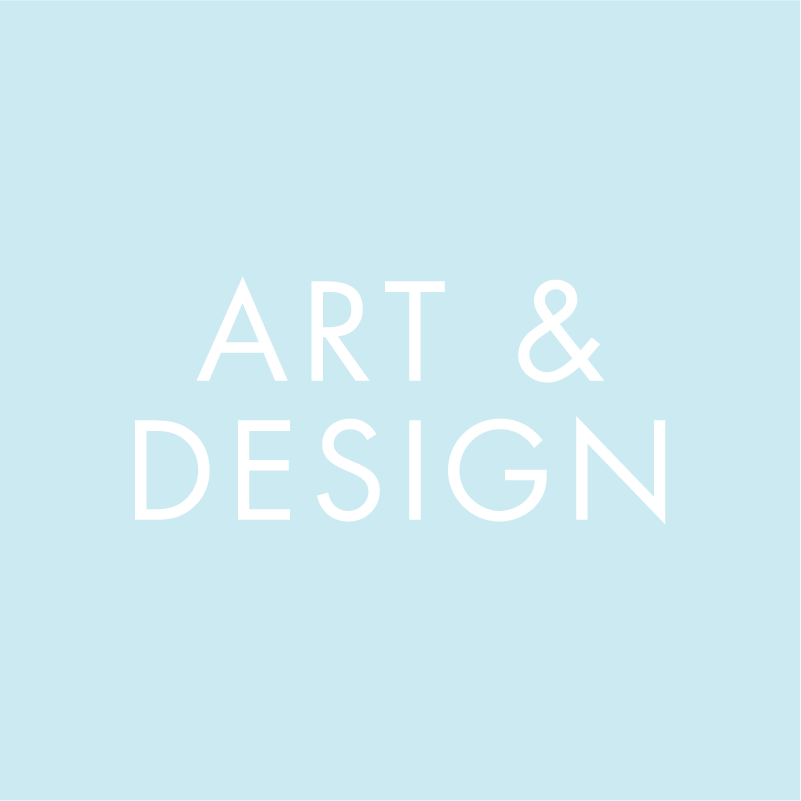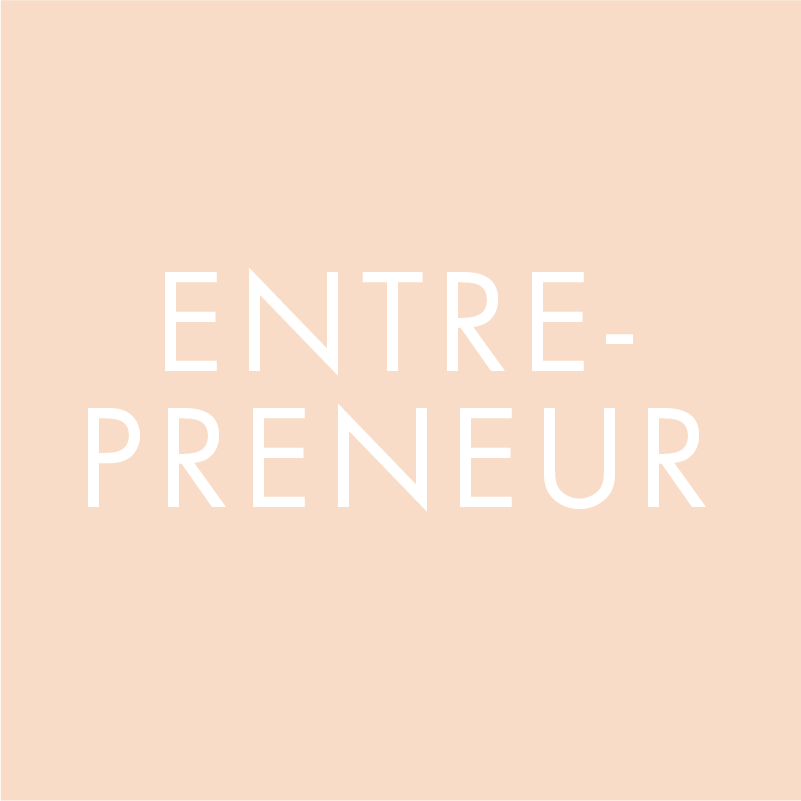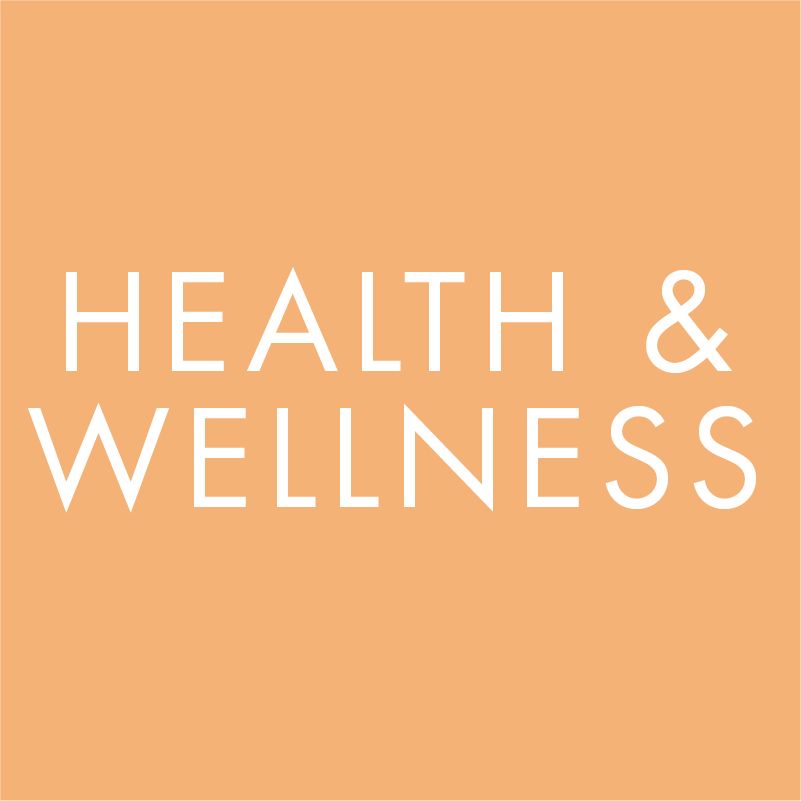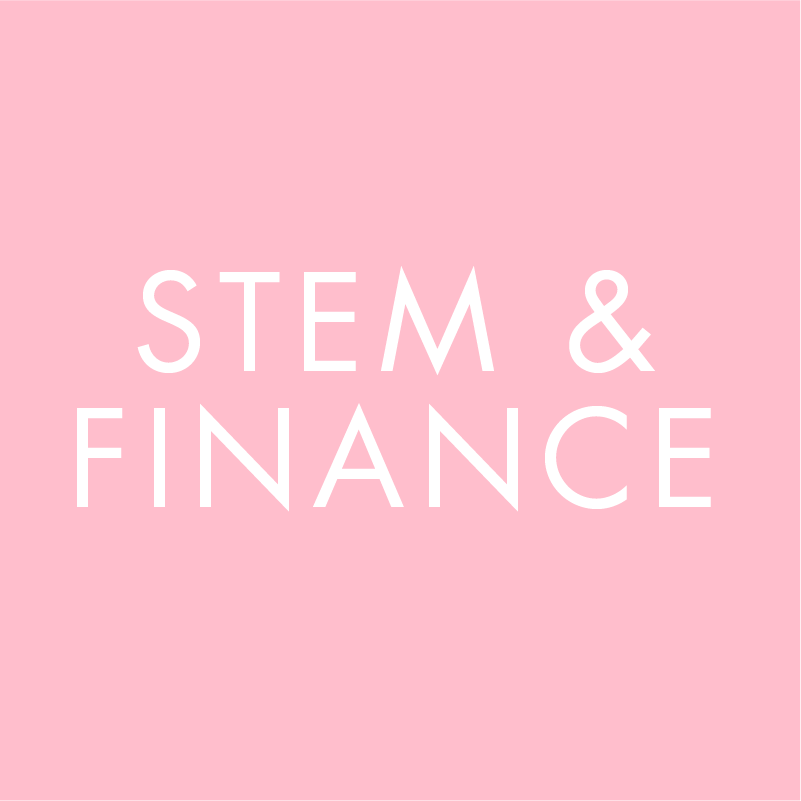Queer. Inclusive. Badass.
These are the fundamental principles behind Lesbians Who Tech, a global community of 50,000 LGBTQ women, trans and non-binary folks, and allies in tech. These principles also describe the organization’s CEO and founder, Leanne Pittsford.
Leanne describes herself as an entrepreneur, investor, and thought leader at the intersection of technology and economic opportunity. We’d also like to add "cute dog mom” and "humanitarian” to this description. Leanne has spent her career advocating for marginalized groups in STEM fields while also creating tactical solutions for recruiters and companies to find underrepresented tech talent.
Leanne founded several companies under this mission, but Lesbians Who Tech is the largest community she’s formed. Women currently account for one in 15 people in STEM fields, but Leanne’s work will undoubtedly shift that incongruous ratio. In 2019, she’s literally breaking records (more below!), launching new platforms, and gearing up for the Lesbians Who Tech San Francisco Summit, where past speakers have included Hillary Clinton, Sheryl Sandberg, and Lydia Polgreen—to name drop a few. She’s the advocate and ally you might not have known you needed, but you absolutely deserve.
What are you most proud of with Lesbians Who Tech + Allies and why?
We have built the largest LGBTQ technology community in world focused 100% on and for queer women.
Lesbians Who Tech + Allies is the largest LGBTQ technology community in the world -- committed to visibility, intersectionality, and changing the face of technology. In 2012, Pittsford took her frustrations with the preexisting networks dominated by men and cis straight women and channeled them into launching Lesbians Who Tech. The first happy hour event in 2012 attracted 30 LGBTQ women for a night of networking.The 50,000 non-binary, LGBTQ women, queer women of color (and our allies) in tech who make up our community come from every background and live in over 40+ cities worldwide. This year we become the largest professional LGBTQ event in the world and the largest event for women in tech in California.
Our programmatic work includes a coding scholarship for non-binary and LGBTQ women called the Edie Windsor Coding Scholarship Fund, a mentoring program, Bring a Lesbian to Work Day, and a leadership program -- #LWTSQUAD -- focused on supporting our members as they move into senior leadership roles. We're not just creating communities; we're pushing the tech sector to be more inclusive and changing the face of the entire tech industry.
What lead you to start Lesbians Who Tech + Allies?
Lesbians Who Tech + Allies started out as an experiment to prove myself wrong. I wanted to see if there were other lgbtq women in tech who'd want to meet up and talk about the issues facing us in the tech sector. I started with one happy hour in 2012 in San Francisco and soon after we grew to a 1000 person summit in SF. This year, we hosted summits across the globe in San Francisco, New York, London, Tel Aviv, Mexico City, Montreal and more. I think we have to put ourselves out there to try what we think can't be done and see what happens as a result. Without that first happy hour, we wouldn't be where we are now with over 50,000 members, in 52 cities around the world.
What’s been your favorite Lesbians Who Tech + Allies memory or achievement and why?
Interviewing Hillary Clinton for the New York summit this year. To have her walk onto a stage called Lesbians Who Tech and then interview her on everything from technology as a utility to her favorite app.
Also, to be able to honor Edie Windsor by naming our coding scholarship after her was a moment I’ll never forget. We were able to bring her on stage to announce the scholarship and to date we’ve been able to support over 100+ queer, lesbians, gender non-conforming and trans folks gain the skills to enter the tech workforce -- therefore, truly doing the work to change the face of technology.
You once told Forbes that “There are more CEOs in the Fortune 1000 literally named John than there are women”. Do you think this is changing at all? What do you think needs to happen to make this shift?
I very much try to steer conversations away from the focus on individuals. What we have to do is change power structures and create urgency to do that. Why can’t we have 50% women and 50% people of color on corporate boards? We look at Norway and other countries and see that they have implemented quotas. For this country, companies can make public statements that the press can hold them accountable for. I’m honestly surprised that no tech company has said we’re going to be the first to mandate 50% women on our technical team by next year and we want you to hold us accountable to that. Could you imagine if Mark Zuckerberg came out and made a goal like that? Hundreds of companies would follow suit.
I would also love to see the laws changed around quotas, as affirmative action policies like that are illegal in our country. With that, you change the criteria around the prerequisites for jobs. Currently, if a company is looking for a CEO to go public with, the pool of candidates to choose from is mostly white, straight cis-gender men who are all probably named John. That’s the list, and if you’re always looking at the same prerequisite the pool will never change. Power doesn’t give up power. You must create urgency around change. It doesn’t happen naturally.
I’d recommend having quotas to every single tech company out there. And for employees who want to see more diversity in your company: say something! Especially if you’re a man, and especially if you’re a white man. Use that privilege and ask to be on a hiring committee, or just suggest that the next five hires be nontraditional tech hires. The more a company hears that this is important to employees, the more pressure there is to actually change something in the hiring process.
“We’re not just creating communities; we’re pushing the tech sector to be more inclusive & changing the face of the entire tech industry.”
Who are some LGBTQA women in tech/entrepreneurs that you consider your mentors and why?
Megan Smith, 3rd CTO of the US and CEO shift7. One of the first female VPs at Google.
Kara Swisher, Recode
A long time ago, back when President Obama was in office, I was asked to help organize the very first LGBTQ Tech Innovation Summit at the White House. I asked a VP at Google named Megan Smith to come and speak, and, with very little notice, she said yes. It was there that she was recruited to be the next CTO of the United States. That’s the kind of thing that happens when we connect queer women and give them the chance to be visible. That’s the power of events and building relationships. And for queer women especially, visibility doesn’t just happen -- we have to make it happen.Lesbians Who Tech + Allies brings together the people who are, literally, building rocket ships and curing cancer, and we give them the chance to think and work together. We don’t even know yet what kind of impact that will have, but what we’re seeing already has been amazing.
Who are some queer women in tech/entrepreneurs we should keep our eye on and why?
Rose Marcario, Patagonia's CEO
Moj Mahdara, CEO & Founder, BeautyCon
Arlan Hamilton, VC & Founder, Backstage Capital
Diedra Nelson, CFO, The-Wing
What advice do you have for women with great ideas that are afraid to launch them?
I tell women all the time that when you’re the only woman in the room at a tech conference, a pitch or at a meeting, you carry with you the other women who have been in this space before or who want to be. You’re not actually alone, no matter how much it may feel that way. And the more women we can get into tech spaces, the easier it’s going to be for women in the future. I can’t wait.
“I believe in positive persistence + hustle.”
What are some apps you can’t live without?
Blinkist and Texture.
When you hit a bump or hurdle in your career, how do you find a new road + switch gears to find success?
I believe in positive persistence + hustle. With both, you are able to move past bumps in the road, find alternative paths, and move forward toward success.
What are you most excited for 2019?
The launch of Include.io launch and getting Michelle Obama and Lena Waithe on the Lesbians Who Tech main stage!



